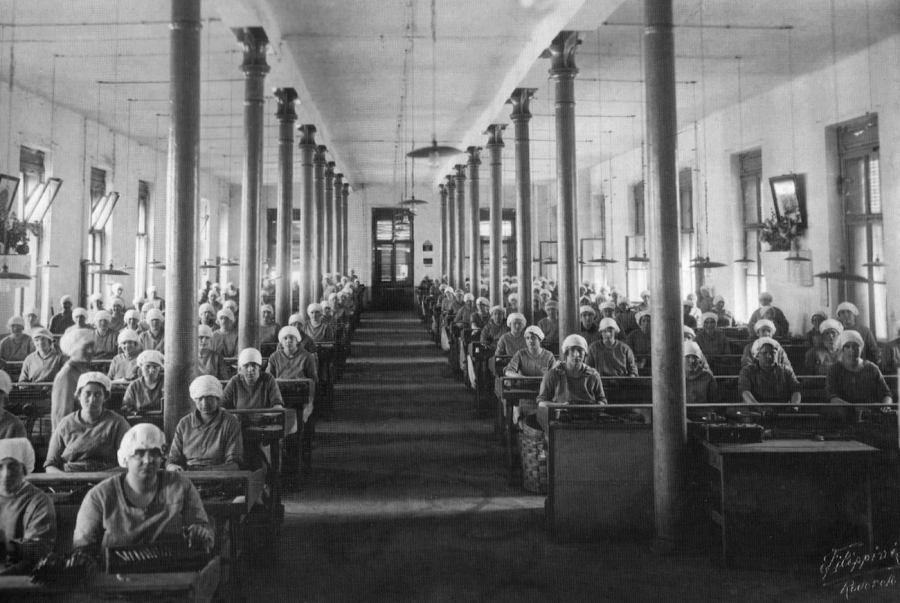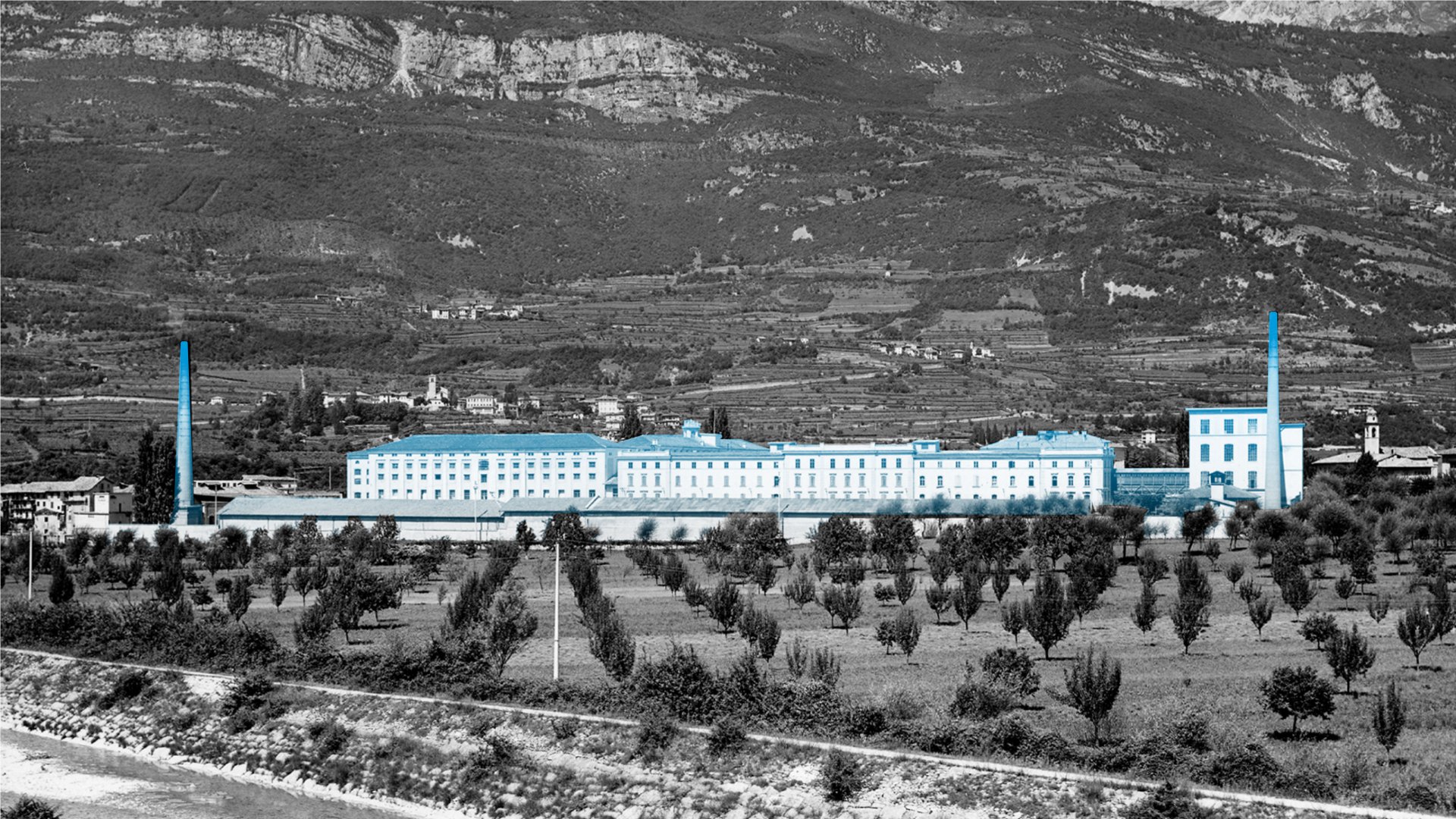>> Leggilo in italiano
Rovereto has always been the nerve centre of innovation and industry in Trentino.
Its strategic position - at the gates of Verona and stretching towards the Padana plain - and its strong manufacturing tradition have made it a favourite place to do business over the centuries.
Its industrial vocation has distant roots. We have to go back to the 15th century, when the Republic of Venice began its occupation of Rovereto and transformed it into the 'city of silk'. For almost four centuries, the Trentino village was one of the most important silk centres of the Serenissima and the fabrics produced in Vallagarina were sold in markets all over the world.
In the 19th century, under Habsburg domination and with the crisis in the silk sector, Rovereto changed skin and became the city of tobacco. In 1854, Manifattura Tabacchi (Tobacco Factory) was built in Borgo Sacco, which created new professional skills and new jobs and soon became the driving force of Rovereto's economy.
This impressive factory, which has survived a century and a half of history and two world wars, fully reflects the resilient soul of the city. When it was closed in the early 2000s, it left a legacy that could not be forgotten. Thanks to a major requalification project by the Autonomous Province of Trento, in the same factories where tobacco used to be processed, remote rehabilitation devices are now being designed, vertical greenhouses are being tested, industrial software is being developed and much more.
In those old warehouses, an ecosystem looking towards the future was born, where companies, start-ups, research centres and universities work together to develop skills and technological innovation.
But that is another story...

The decision to build a tobacco factory in the Borgo Sacco district was made in the mid 19th century in response to the crisis in the silk sector, which had driven Rovereto's economy from the 15th to the 18th century.
Manifattura Tabacchi went into operation in 1854-1855 with two workshops of 220 workers each. Four products were produced: Virginia cigars, snuff, hand-rolled cigarettes and tobacco extract made from scraps.
Until 1914, the factory was one of the most important in Austria and employed 2,000 people, mostly women. For many decades, it was the Trentino industry with the highest labour absorption capacity and the place where numerous social innovations were initiated, such as the first company nursery, the first mutual aid bank and the first trade union organisation.
Over the years, production gradually decreased and Manifattura Tabacchi closed down for good on 31 March 2008.


